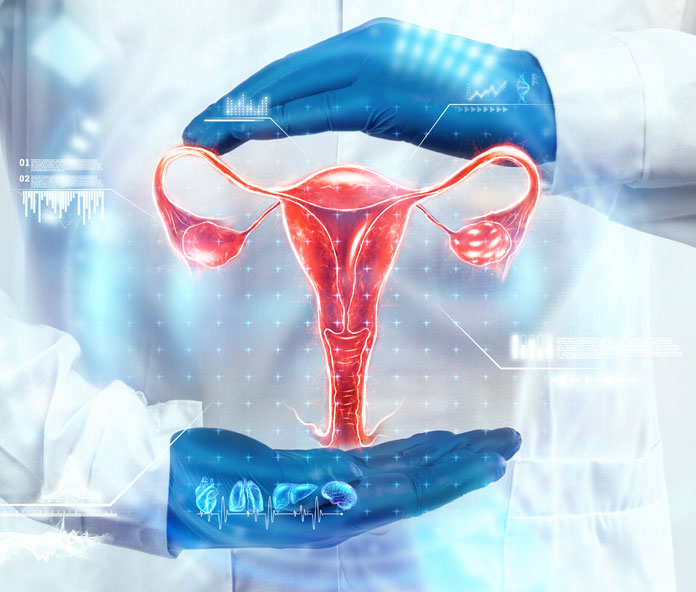


Gynecological cancers refer to a group of cancers that affect the female reproductive system. The main types include ovarian, cervical, uterine (endometrial), vulvar, and vaginal cancers.
1. Ovarian Cancer: Originating in the ovaries, ovarian cancer often goes undetected until it reaches an advanced stage. Symptoms may include abdominal pain, bloating, changes in bowel habits, and urinary urgency.
2. Cervical Cancer: Linked to persistent infection with high-risk strains of the human papillomavirus (HPV), cervical cancer begins in the cervix—the lower part of the uterus. Regular Pap smears and HPV vaccinations are essential for early detection and prevention.
3. Uterine (Endometrial) Cancer: Developing in the lining of the uterus, endometrial cancer is often associated with hormonal imbalances. Postmenopausal bleeding is a common symptom, and obesity is a known risk factor.
4. Vulvar Cancer:Vulvar cancer affects the external genitalia and is more common in older women. Symptoms may include itching, pain, and changes in the skin color or thickness.
5. Vaginal Cancer: Though rare, vaginal cancer originates in the cells of the vaginal lining. Symptoms may include abnormal vaginal bleeding, pain during intercourse, and a lump or mass in the vagina.
Preventive measures such as HPV vaccination, regular screenings (Pap smears and mammograms), and awareness of symptoms contribute to early detection and improved outcomes. Treatment modalities vary based on the type and stage of cancer and may include surgery, chemotherapy, radiation therapy, and targeted therapies. Early detection and advances in medical care have significantly improved survival rates for many gynecological cancers. Regular gynecological check-ups and open communication with healthcare providers are crucial for women's reproductive health.